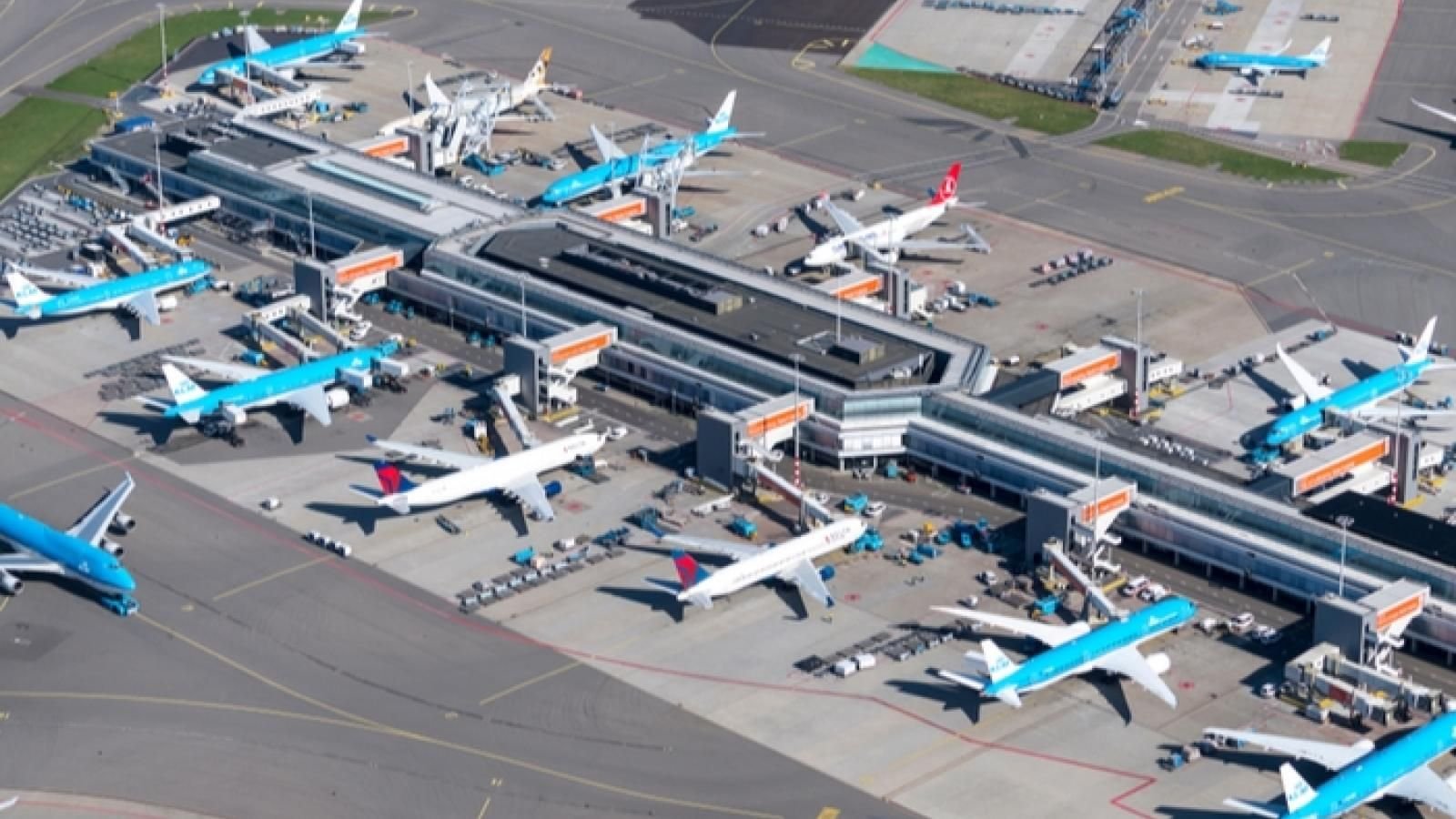How to get driver’s license in North Macedonia.Slot access equity at major European airports ensures that airlines, regardless of size or history at an airport, have a fair chance to operate flights. This system helps prevent monopolies, promotes competition, and ensures passengers benefit from better services and lower fares. But how does this system work, and what rules govern access to these precious airport slots?
Understanding Airport Slots
Airport slots are specific time windows during which an airline can take off or land at a busy airport. At major European airports, these slots are extremely valuable due to high traffic and limited runway capacity. Proper allocation ensures smooth operations, reduces delays, and prevents congestion.
Key Points:
- Slots are limited and highly regulated.
- Airlines must follow European Commission rules to request or maintain slots.
- Airports with high demand follow the “use-it-or-lose-it” principle.
For more detailed guidelines on slot allocation, you can refer to the European Commission’s official slot page.
How Slot Access Equity Works
Equity in slot access aims to give airlines equal opportunities. Major airports often operate under a coordinated slot system where airlines submit slot requests in advance. Slots are then allocated based on:
- Historical Usage: Airlines that used a slot previously may get priority if they operated it regularly.
- New Entrants: Regulatory frameworks favor new airlines to promote competition.
- Secondary Markets: Airlines can trade slots, but regulatory oversight ensures fairness.
Slot coordinators monitor adherence to these rules to maintain transparency and avoid anti-competitive practices.
Benefits of Slot Access Equity
Ensuring equitable access has multiple advantages:
- Competition: Prevents dominant airlines from controlling peak times.
- Passenger Choice: More airlines operating encourages competitive pricing.
- Innovation: Airlines innovate in services and routes to attract passengers.
Equity ensures that smaller airlines have opportunities to operate at high-demand airports without being crowded out by larger carriers.
Challenges in Maintaining Slot Equity
While the system works well, it faces challenges:
- High Demand: Limited runway slots at major airports create fierce competition.
- Secondary Market Risks: Slot trading may favor wealthy airlines.
- Regulatory Compliance: Airports and airlines must continuously comply with EU regulations.
Addressing these challenges requires vigilant oversight by authorities and coordinated action among airlines.
Slot Access and Broader Travel Connections
Slot allocation affects not only airline operations but also broader travel accessibility. For example, if you plan to travel in Europe and wonder how to get driver’s license in North Macedonia, understanding airport slot equity can help in planning connections efficiently. Moreover, slots influence the frequency of flights, impacting travel itineraries across the continent.
For practical travel tips and documentation guidance, check European Driver’s License.
Conclusion
Slot access equity ensures fair competition at major European airports, benefiting both passengers and airlines. By balancing historical rights with opportunities for new entrants, this system maintains fairness and efficiency. If you want to understand how air travel links to broader mobility across Europe, knowing how to get driver’s license in North Macedonia can complement your travel planning.
Fair access to airport slots is not just a technical requirement—it is a cornerstone of a thriving, competitive, and passenger-friendly aviation sector. Always remember to review official regulations and reliable resources when planning travel.


